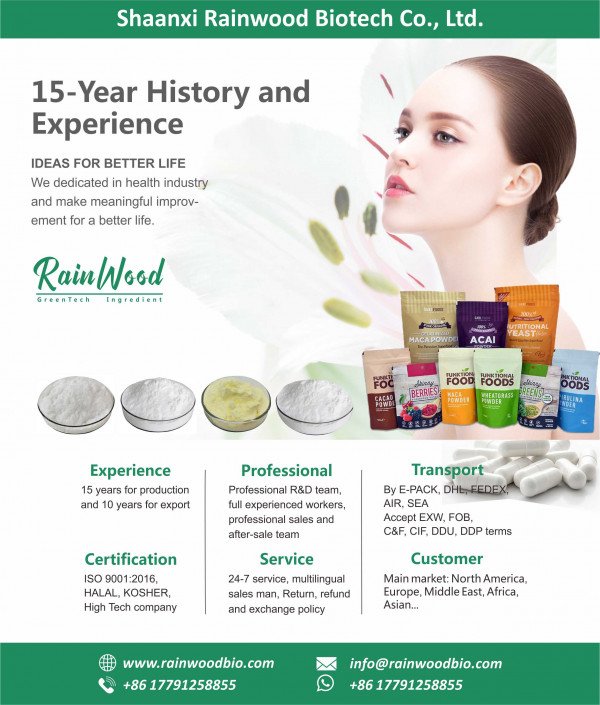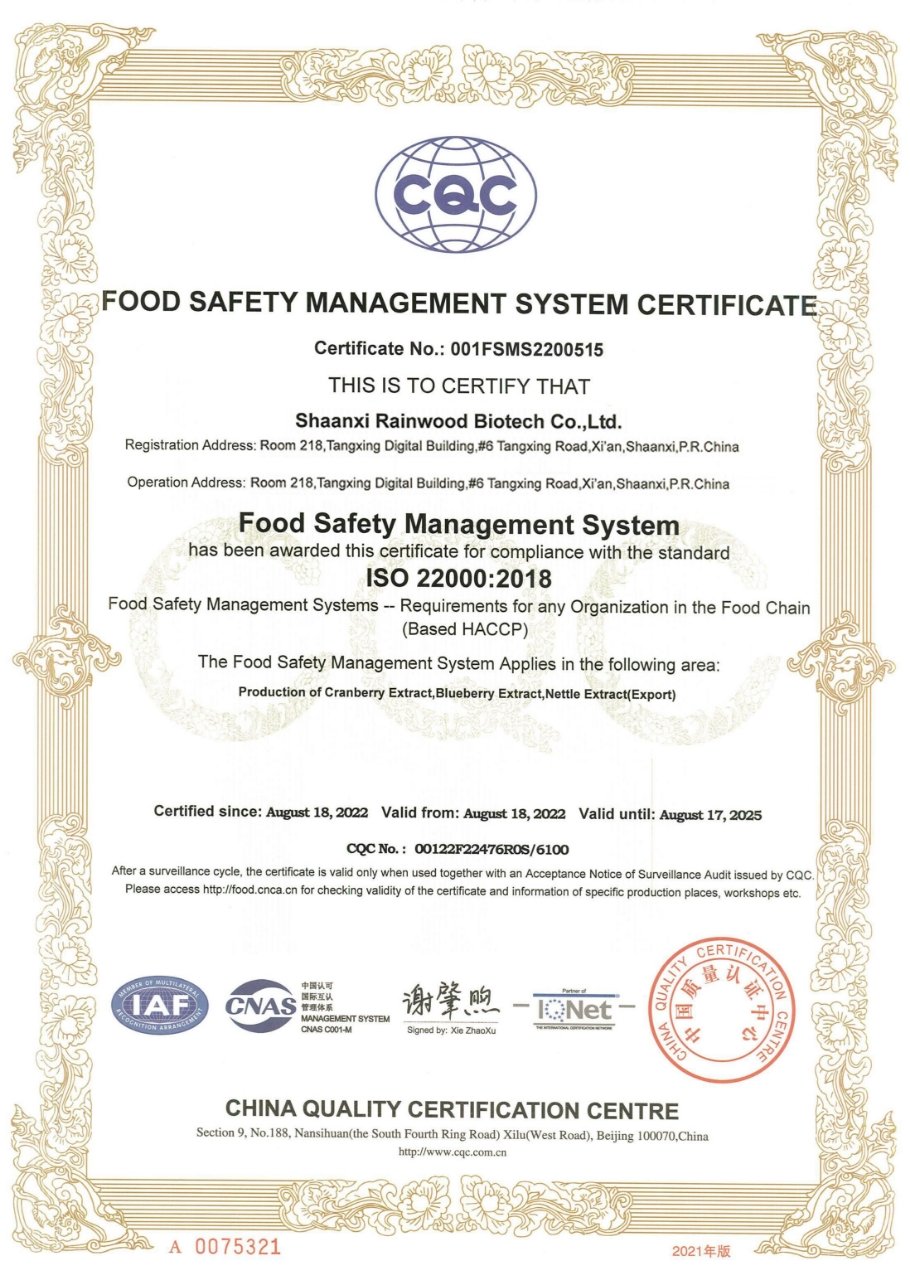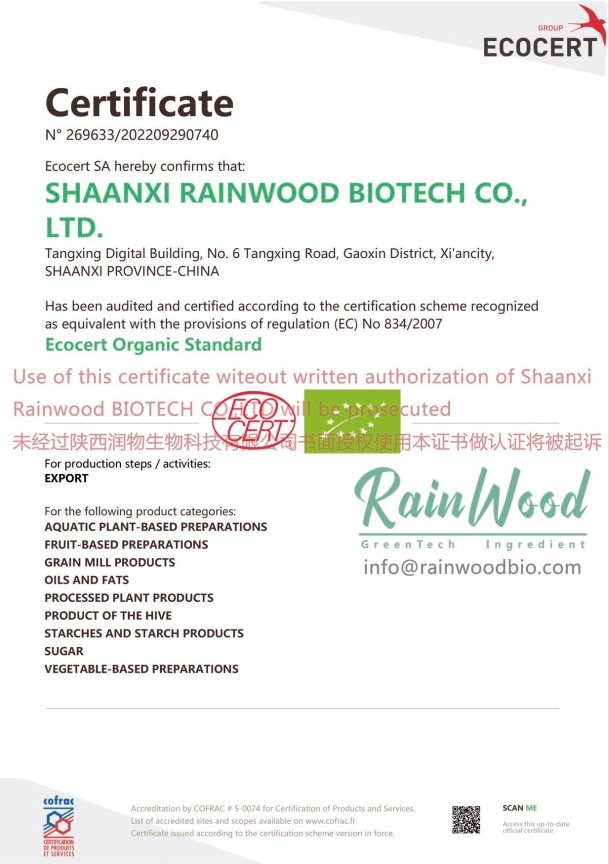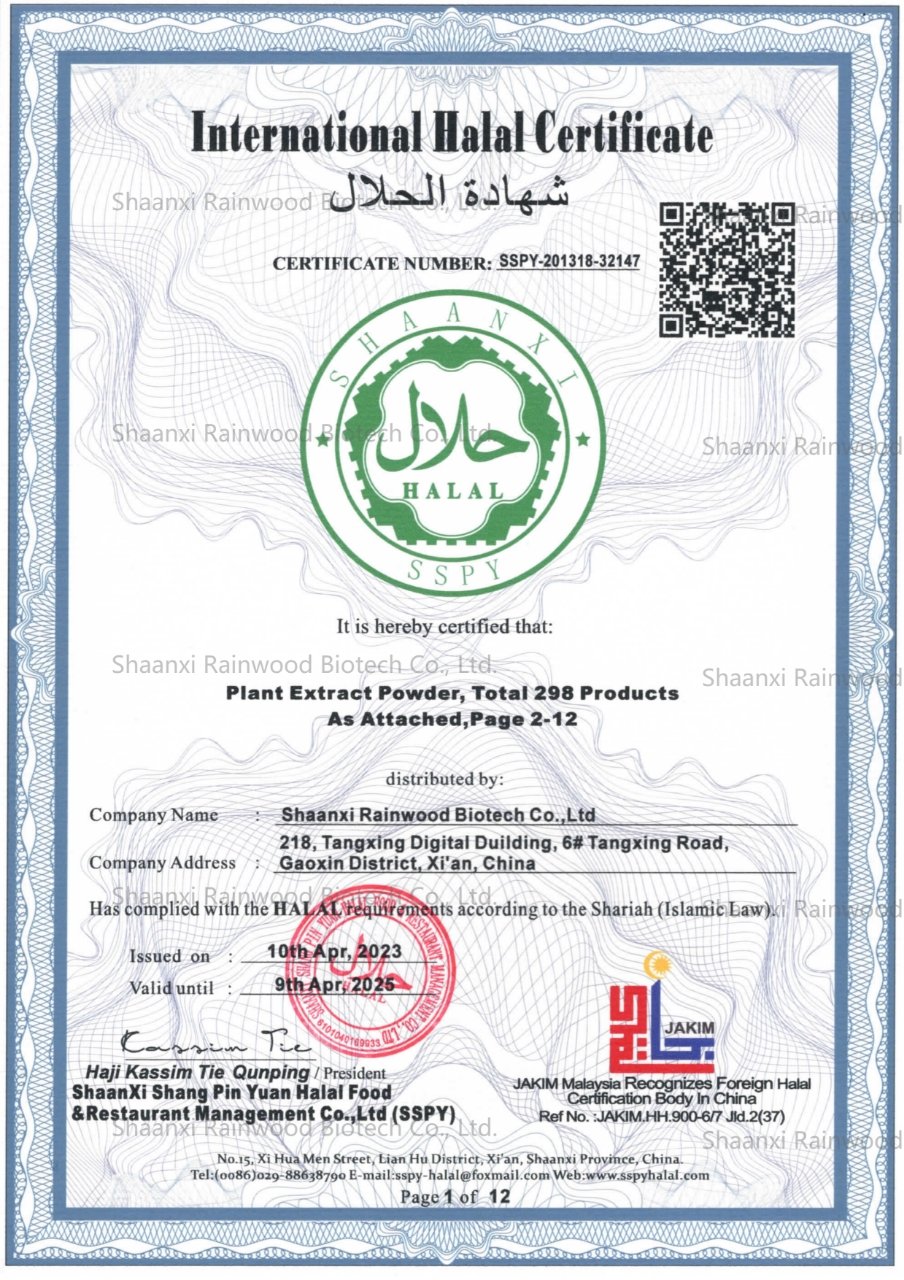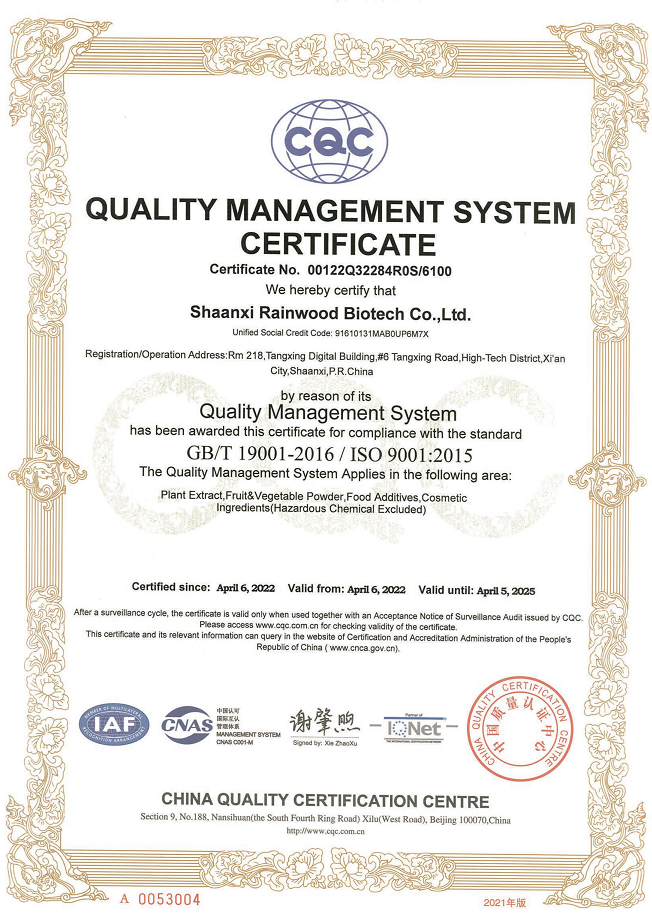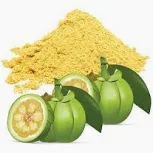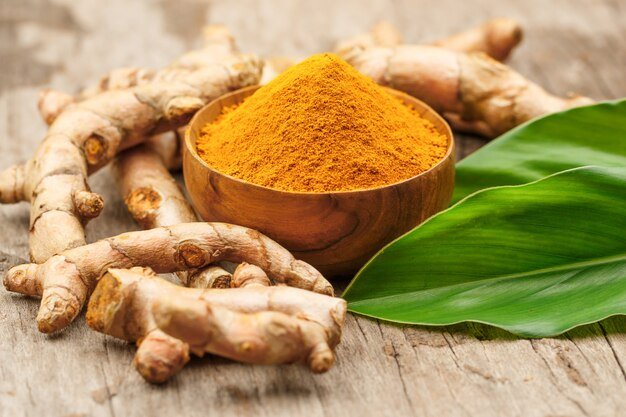Boswellia extract, a resin exuded from the bark of frankincense trees of the olive family and other plants of the same genera, mostly in small papillae, teardrop-shaped granules or irregular lumps, sometimes sticking together into clumps, mainly produced in northeastern Africa in Somalia, Ethiopia and southern Arabia. The chemical study of Boswellia extract began in the late 19th century, when the first mixture of Boswellia was isolated from B. Arterii Boswellia extract. Acetyl compounds were further obtained in the 1930s. Later, scientists conducted systematic chemical research on the extract of Boswellia. In addition to Boswellia and its acetylates, carbonyl derivatives, pentacyclic triterpenes, tetracyclic triterpenes, macrocyclic diterpenes, more than 20 kinds of volatile oils and arabinose were also isolated from the extract.

When it comes to Boswellia extract, another term has to be mentioned – helicobacter pylori. So let’s start with a little bit of science. There are probably a lot of people like me who don’t know what Helicobacter pylori is. People can contract h. pylori mainly due to their normal lifestyle. Food tends to be spicy and oily, drinking alcohol at parties and staying up late can also lead to it. After entering the stomach from the mouth, the bacteria colonize the mouth and gastrointestinal tract, eating away at food debris and producing ammonia or sulfur compounds that, over time, create bad breath when the mouth opens.
In addition to producing bad breath, H. pylori is a major risk factor for chronic atrophic gastritis, gastroesophageal reflux, gastric ulcer atypical hyperplasia, and gastric and duodenal ulcers. It is even recognized as an extremely dangerous pathogenic factor for gastric cancer, and is listed as one of the first-class carcinogens by the International Agency for Research on Cancer of the World Health Organization. The study found that people who were 100% infected with the bacterium had about a six-fold increased risk of developing stomach cancer compared with those who were not. So, getting rid of H. pylori is also a way to prevent stomach cancer.

Helicobacter pylori is a lot closer than we thought. According to statistics, the average infection rate of Helicobacter pylori in China is as high as 59%, at least one person in every two people is infected. What’s more, it is also very contagious. Sharing chopsticks, eating together, kissing or using dirty cutlery, etc., may infect family members or friends, so it is very necessary to do a good job in oral prevention. At present, anti – helicobacter pylori toothpaste is the best and most convenient way to solve helicobacter pylori and Boswellia extract is the substance that plays a decisive role in it.

Boswellia also has the effect of beauty.
1. Anti-inflammatory and desensitizing effects of Boswellia extract: The expression of inflammation can be blocked by the key inhibition of the pro-inflammatory enzyme (5-lipoxygenase)
2. Anti-aging benefits of Boswellia extract: It can inhibit the human white blood cell elastase (HLE), which breaks down the elastin and collagen IV proteins necessary for healthy skin and damage the elasticity and texture of skin.
By blocking the above two enzymes, Boswellia extract can inhibit inflammation and allergic reactions, reduce dermal damage, and thus make skin firm and youthful.

Precautions: Pregnant women and weak stomach with caution.

Boswellia Extract Powder is one of the plant products. Are you worried that you can’t find good Boswellia Extract Powder? From today onwards, you don’t have to worry about that anymore.
Shaanxi Rainwood Biotech is dedicated to the herbal extract industry, In this field not only have rich experience, also have a good reputation. Its aim is to create a health care raw material brand that everyone can rest assured, to solve your choice of trouble!
